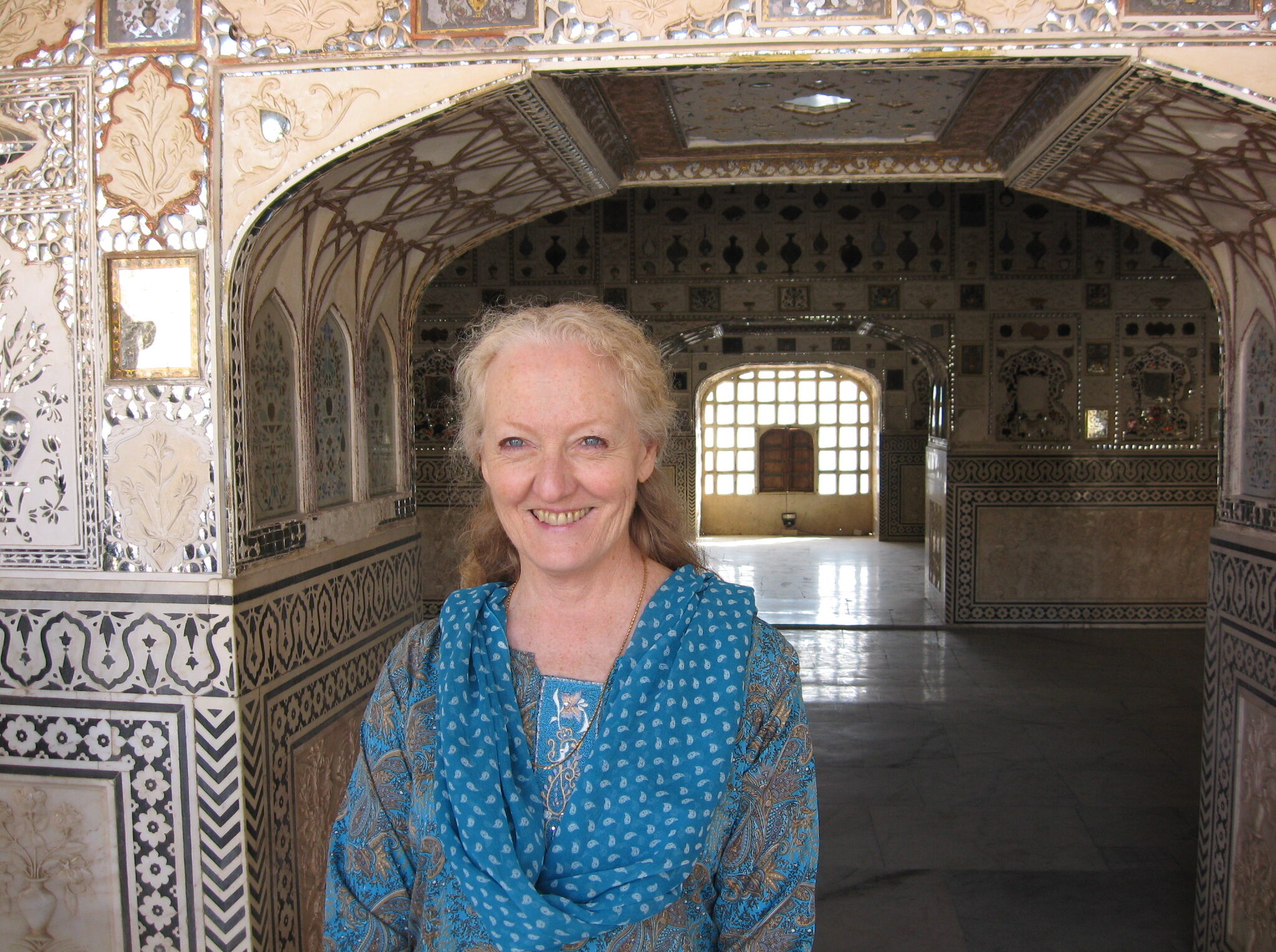An excerpt from a book I am writing:
One thing I noticed in all the interviews I did with women about their relationships with their mothers is that to make peace with who their mother was is essential for their own wellbeing. It is as if our history lives on deeply inside of us, so that to expunge the demons of the past includes embracing them first. The wholeness of who we are includes and is in part because of this very past we most don’t want. We can’t get away from it by ignoring it if it dwells within us every step of the way. Which it does, really.
We are of and from our mothers whether we like the person they were or not. And those who most loved their mothers were most willing to see the gladness of their past. Ironically, sometimes this made it difficult to move on, too. Being stuck in the past is no better than trying to expunge it from the core of our cells. Neither attitude works, really. But to embrace it – now there is a different story. A happy one.
Therein seems to be the healthy way. The middle ground, as it were. To embrace our past is to include it gladly in our present, without clinging or pushing it away. The middle way of acceptance, embracing, seeing who and what we are in the continuum of life as it was handed to us. We can only start there which is here. When we accept gladly that which was given us to deal with in this lifetime we can most readily get on with the living of it. We can make the changes we need to from where we are, not where we wish we were already. Which is simply impossible at best.
What ground do we have to stand on if not the solid ground of where we are? Even if we are headed in some direction that will move us eventually to a different place, we must start from where we are. Peggy Tabor Millin, in Women, Writing and Soul Making, remarks: “Because feminine responsiveness does not make the splash or the money and success required in our culture, because it is not ‘out there’ and ‘in your face,’ women, as well as men, devalue it.” “By the 1970’s the Power Principle had co-opted the women’s movement, opening the doors to women on condition that they turn their backs on their roles as nurturers and responders and become competitive and action-driven. With few models for feminine power based on the synthesis of feminine and masculine, we went to where the power lay – into the world of the Power Principle.”
It is time – we are in great need – for feminine integration as part of power. We have to translate from the debased female to what it would look like to have that principle honored. All of this sounds so self-evident, yet with the imaginative power of our brains and minds we can imagine whole fantasies to distract us from the task(s) at hand – which we most need to deal with to become our full potential. Our Being. Of Life, free from the constraints we were handed as the straitjacket into which we were born.
What I realized after my mother’s death was a sense of being loved that I had never encountered when she was alive. Encumbered by the straitjacket of her time – religious and cultural – she never broke free to extend the love which she really was. She lived the norm of her times. But after her death, she has come through to me in myriad ways, again and again loving me where I had felt previously judged. It has been a most remarkable journey that continues still. I had not realized how very little association I felt in any way with any sense of a Divine Mother. In our time of patriarchal religions holding sway, the only reference to the Divine is masculine. Even the Holy Trinity, which holds the potential of including the feminine to be complete in its expression, has been stripped clear of any such reference and speaks only to the “Father, Son and Holy Spirit”. A more complete version would be: “The Father, Mother, and Divine Beloved.” These reflect the major relationships with which we need to make peace, find consolation and “Divine Love” to feel fully safe in this world.
Peggy Millin, again: “Now is the time of redefinition of feminine power, a definition based on inner values rather than on outer roles and action.”
